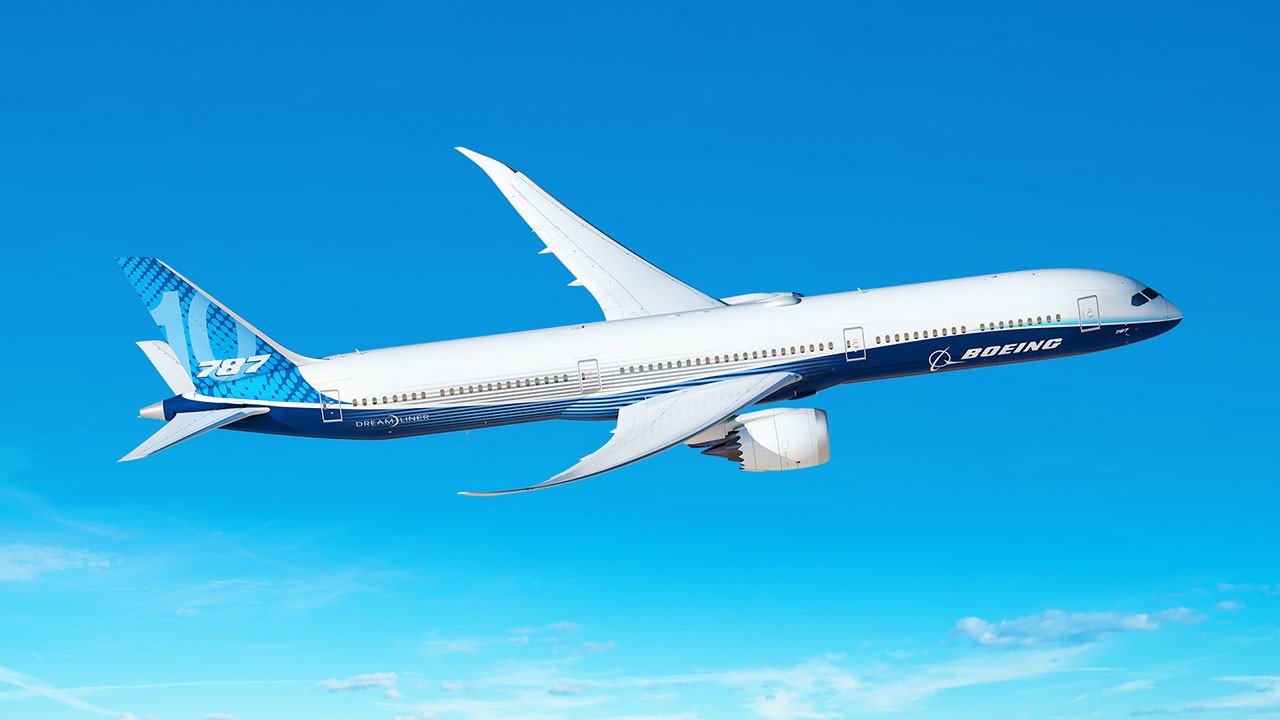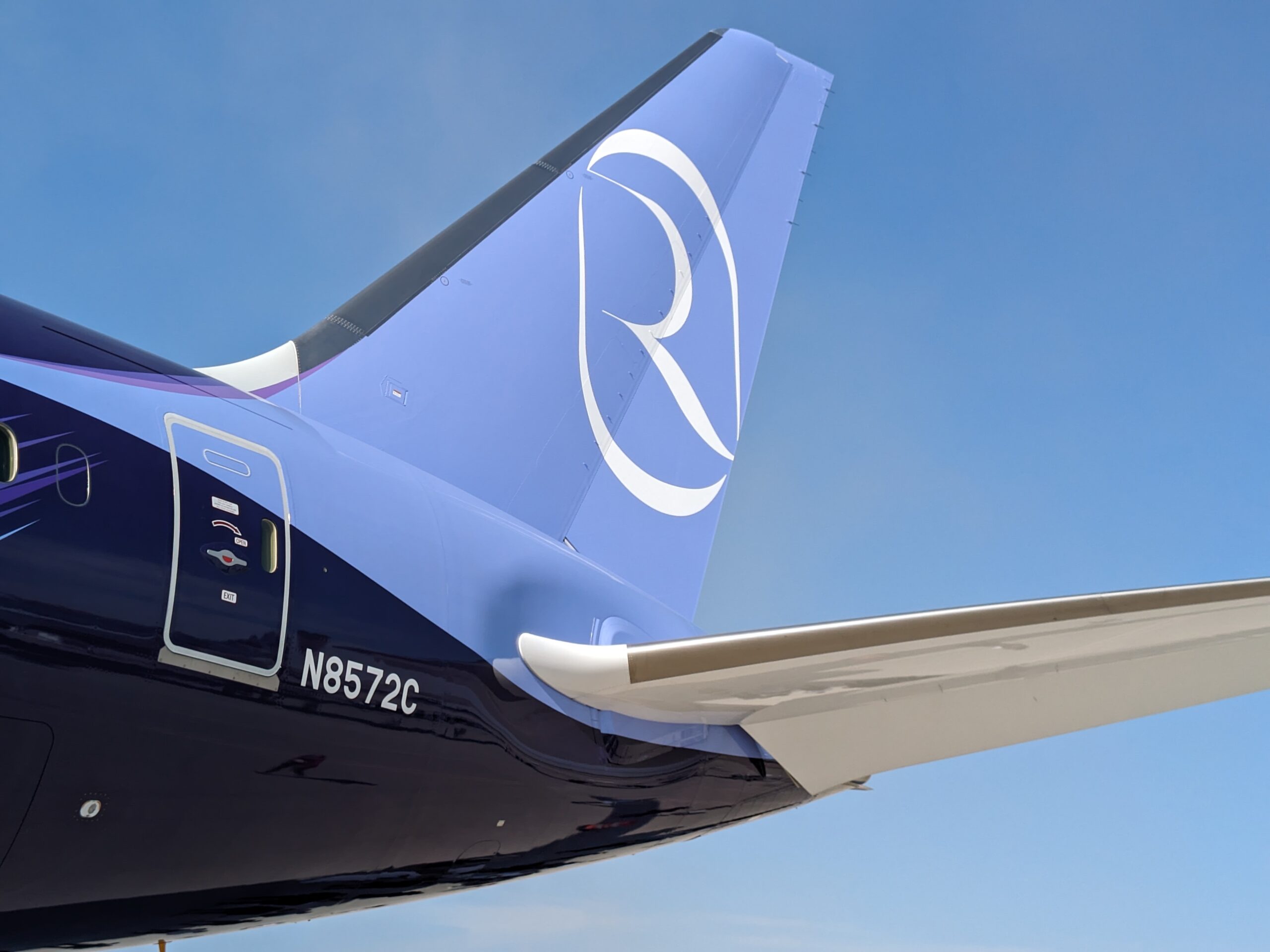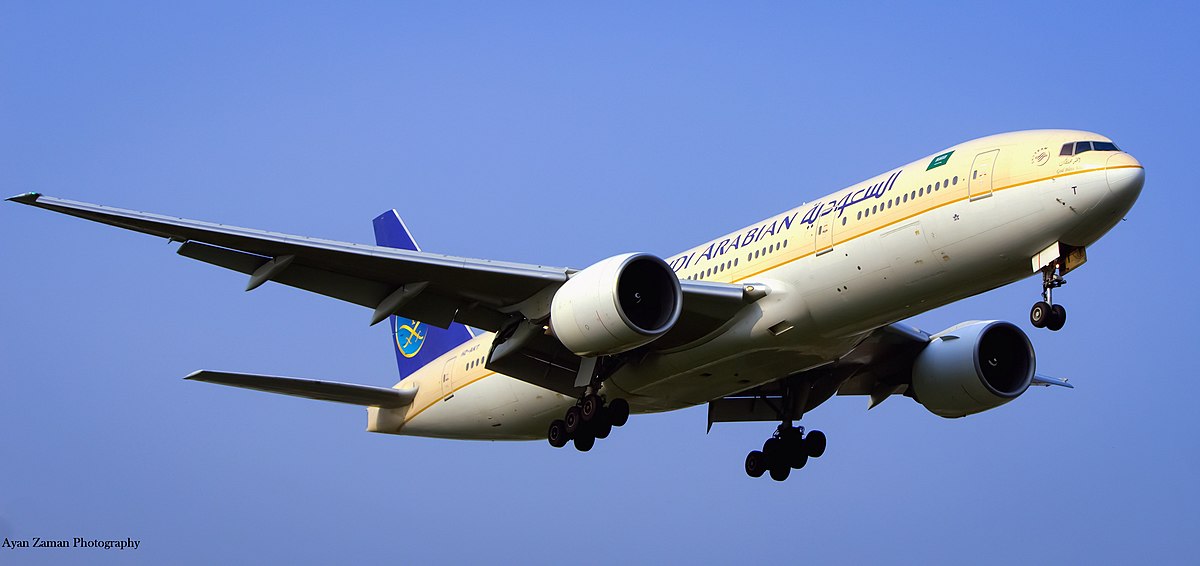
In the Future Aviation Forum hosted in Riyadh, it was revealed by the Saudi General Authority of Civil Aviation that the nation of Saudi Arabia is collaborating with Airbus and Boeing to get its aluminum and titanium approved for use in their airplanes. The deal comes forward as these two top aircraft manufacturers also face shortages in lightweight metal supplies like aluminum.
“Boeing, Airbus and Embraer are all showing interest in setting up long-term facilities for certain components in the kingdom,”
Abdulaziz Al-Duailej, president of the organization known as GACA, said in an interview ahead of the Future Aviation Forum in Riyadh, which started on Monday.
–Excerpt from American Journal of Transport
Peek-through into the deal
- Last year, Boeing signed a memorandum of understanding to consider the use of titanium produced by a local conglomerate, Tasnee in the manufacture of aircraft and its supplies. Note that, this would produce about 10% of the world’s titanium sponge supply alone.
- Al-Duailej also reported in an interview that the agency is discussing possibilities of manufacturing aircraft supplies within the kingdom.
- Achieving this deal would help the aircraft manufacturers overcome their supply hurdles, this includes securing some of the raw materials.
Some Other Deals in Alignment of Saudi Vision 2030

Tail section of a Riyadh Air Boeing 787-9, captured at the Dubai Airshow 2023.
The nation has been updating and refurbishing itself in alignment with its vision of a prosperous country. Saudi Arabia is undergoing the most significant aviation industry reform of the 21st century. Recently, in a press conference, it announced a deal for 105 Airbus A320neo planes which would increase the backlog orders of A321 up to 144.
The airline had plans to purchase more aircraft but could not secure the slot before 2032 from Airbus. Nonetheless, this is the largest order from Saudia in its 80-year history. Also, Saudi Arabia, last year, ordered more than three dozen 787 Dreamliners from Boeing for its startup airline, Riyadh Air.
It was revealed to Bloomberg that the Public Investment Fund, which acts as a sovereign wealth fund of Saudi, is in early talks to acquire the flagship carrier Saudia from Saudi Arabia’s government as soon as next year. The airline could then turn into a private organization or undergo a merger with Riyadh Airlines, which is set to start commercial flights in 2025.
Significance of Titanium and Aluminum Usage in Air jets
Titanium and Aluminum are the lightest metals and satisfy all the requirements for aircraft manufacturing. The three foundations of aircraft production are heat resistance, immunity to corrosion, and cost efficiency. Titanium being the ninth most abundant metal with Aluminum covering 8.23% of metallic elements by mass, can also withstand high temperatures and thousands of hours of work.

Titanium is used in aircraft for a variety of reasons. one of them is to make airplane turbine blades.
These metals operate with the same satisfaction and efficiency steel executes but decrease the weight of the aircraft by 60% overall. In aerospace, the properties of these light metals shape a lighter aircraft which increases payload capacity, and better fuel efficiency, with a decrease in environmental impact.
Additionally, a lighter aircraft boosts heat resistance, structural integrity, and overall durability. The resistance to stress-induced deformation, also known as creep resistance, ensures safety against any inconsistencies regarding wind, heat, or any environmental abnormalities during flight.
These beneficial properties of Titanium and Aluminum make them a crucial material in building fuselage, frames, landing gears, and other structural aircraft parts. These are invaluable to any aircraft manufacturers which are incorporated into numerous other components like turbine disks and compressor blades.

Invaluable Incorporation of These Abundant Metals with Saudi’s Vision
The Saudi Vision has plans to expand its domestic manufacturers bringing in huge opportunities for the private sector. The collaboration with Airbus and Boeing, with these mentioned and other deals, would create thousands of jobs for civilians in Saudi. The country is bringing in the top leaders and brightest minds together from the global aviation sector to collaborate and develop innovative solutions that will drive the sector further into a prosperous future.
